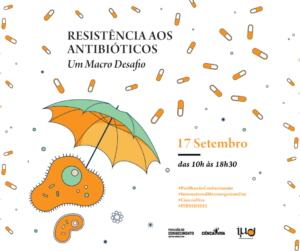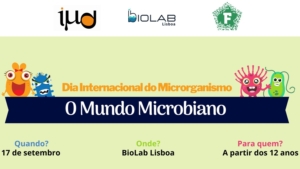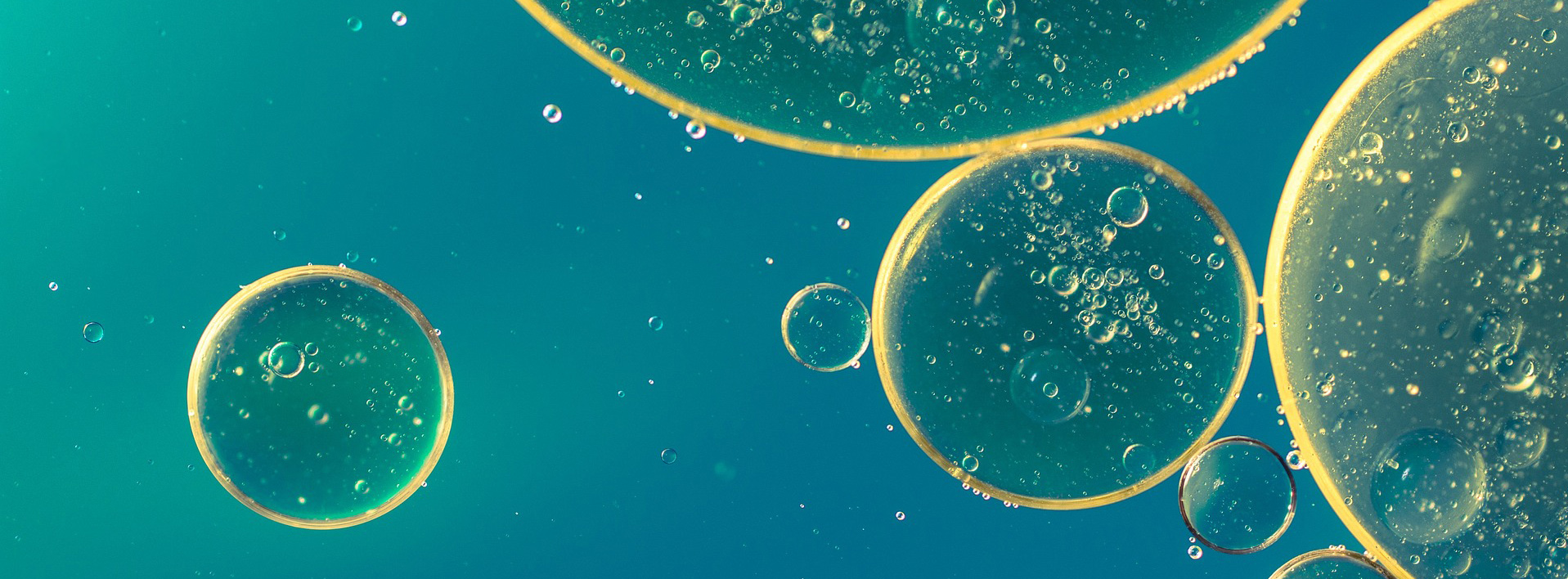International Microorganism Day | September 17
An unexpected beginning
September 17, 1683: this was the day when the Dutch merchant Anton van Leeuwenhoek sent a letter to the Royal Society of London with an exquisite description, accompanied by his drawings, of the first observation of living bacteria present in the dental plaque. Van Leeuwenhoek had no academic degrees nor a deep scientific knowledge but his curiosity led him to develop a system of optic lenses making possible to reveal the microscopic life. And so… the foundations of Microbiology were laid!
The International Microorganism Day
This great event occurred back in 1683 is the reason why we currently celebrate the International Microorganism Day ((IMD) at September 17. IMD was created to highlight the role that these invisible living beings (the microorganisms) play in a myriad of everyday-life’s fields. In Portugal, the first IMD was promoted by the Portuguese Society of Microbiology in 2017 in an initiative aimed at fostering the interaction between the general public and microbiologists so these could share the research they develop by means of science dissemination activities, open laboratories, experimental exhibitions and other outreach initiatives. The main goal was to let citizens know that “the role of the infinitely small in nature is infinitely large”, as Louis Pasteur, the «father» of modern microbiology once said.
BioISI @IMD 2022
To mark this scientific ephemeris, we want to invite you to participate in two different scientific outreach events promoted by BioISI researchers that certainly will allow you to know more about these «invisible agents». In fact, their importance is huge as they may be the key in finding solutions to the big challenges our society faces: from human and animal health, to agriculture, also in antibiotics usage, agriculture and food quality and control and even in… advanced biofuels development!
Lélia Chambel, principal investigator and Mónica Cunha Vieira, collaborator, both from the Microbiology & Biotechnology Group, prepared an escape room entitled Antibiotics Resistance: a macro challenge, included in the special program promoted by Pavilhão do Conhecimento – Ciência Viva to celebrate the IMD.
Lélia Chambel, principal investigator at the the Microbiology & Biotechnology Group, will participate in an activity withe the creative and pedagogical design of Mónica Vieira da Cunha, leader of the Landscape Epidemiology and Wildlife Diseases group at the Centre for Ecology, Evolution and Environmental Changes, entitled Macro Research, included in the special program promoted by Pavilhão do Conhecimento – Ciência Viva to celebrate the IMD.
Curious? Mónica Vieira da Cunha, lifts the veil about some of the activities included in the initiative promoted by Pavilhão do Conhecimento: “Participants will leave the room if they decipher a series of clues related to the theme of the activity: they have to «create» a new antibiotic against staphylococcus aureus (a bacteria). For this activity we also designed a board game (similar to goose game) with cards and questions related to the topic, a crossword puzzle game, and Lego kits that explore the concepts of [microbiologic] endurance and multi-resistance.”
If you got excited about it, visit Pavilhão do Conhecimento at September 17, from 10 am to 6,30 pm. More info here

Image Credits: Pavilhão do Conhecimento – Ciência Viva
Ricardo Dias, principal investigator, from the Microbiology & Biotechnology Group, wants to share a secret: microbes can be found everywhere! From city lakes and gardens to food, and even inside our body, microorganisms are more present in our lives that we might think!
In this hands-on activity, called The Microbian World, the BioLab Lisboa – a citizen science laboratory – will open its doors, from 11 am to 4 pm, to offer a set of experiments so participants (over 12 years-old only) will get to know the microbes surrounding them. In the end, it will also be possible to hear, from a microbiology scientist, how it is to work with microbes in a laboratory. Find more details here.

Image Credits: BioLab Lisboa
Enjoy these (and other) activities promoted throughout the day and don’t judge microorganisms by their size! It is – indeed – inversely proportional to their role in our world!


